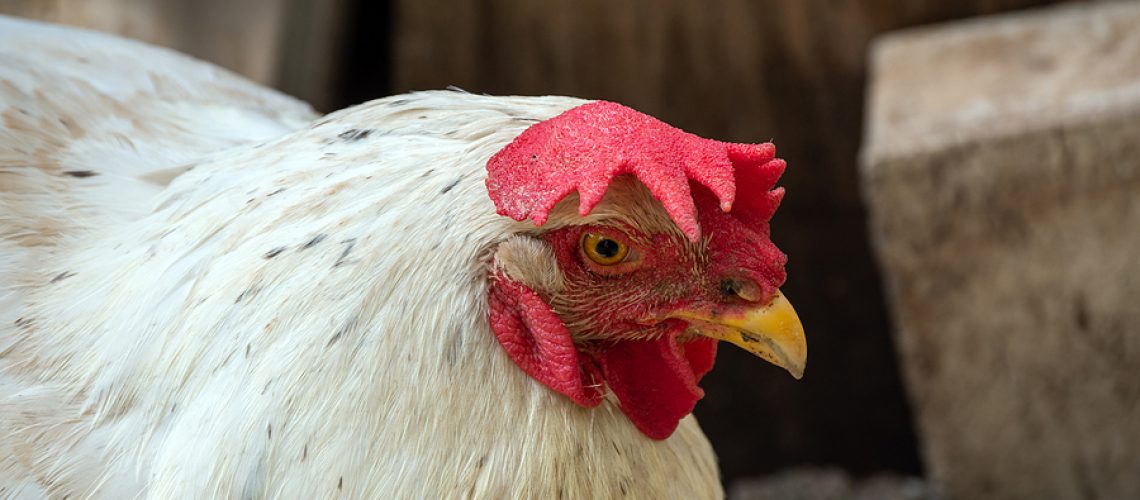On March 27, 2023, the National Health Commission of the People’s Republic of China notified the WHO of a confirmed human case with the Avian Influenza A(H3N8) virus; this is the third reported case of human infection with the Avian Influenza A(H3N8) virus; all three cases have been reported from China.
The patient was a 56-year-old woman who reported the onset of illness on February 22, 2012, was hospitalized on March 3, 2023, for severe pneumonia, and died on March 16, 2023.
The patient had a history of exposure to live poultry and wild birds in her home before the onset of her illness.
Environmental samples were collected from the patient’s residence and from the wet market where the patient spent time before the onset of the illness. Test results showed that the samples collected from the wet market were positive for Influenza A(H3).
Zoonotic influenza infections in humans may be asymptomatic or may cause illness. Depending on factors related to the specific virus and the infected host, the disease can range from conjunctivitis or mild flu-like symptoms to severe acute respiratory infection or even death.
Based on available information, it seems the virus does not appear to have the ability to spread readily from person to person, so the risk of human-to-human spread is low.
Due to the constant evolution of influenza viruses, the WHO has emphasized the importance of global surveillance to detect any changes associated with the virus that may affect human or animal health.
Transmission of avian influenza viruses from birds to humans is usually sporadic and occurs in a specific context: most previously reported human infections with avian influenza viruses were due to exposure to infected poultry or contaminated environments. As investigators continue to detect Avian influenza in poultry populations, they expect more sporadic human cases in the future.
The authorities recommend good hygiene in people and places with poultry or wild birds that may represent a source of infection to minimize the risk of infection. Producers should report any change or evolution in their livestock.
People should avoid contact with sick or dead animals due to unknown causes and inform the authorities immediately. Countries should increase public awareness of the importance of avoiding contact with high-risk environments such as markets, farms, and poultry feces.
Item. (2023, 11 April). https://www.who.int/emergencies/disease-outbreak-news/item/2023-DON456


